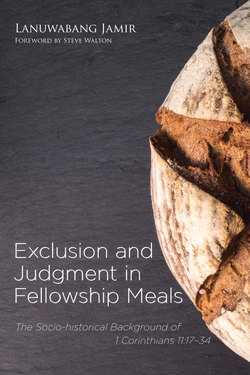Описание книги
This book seeks to demonstrate that the fellowship meal traditions in the ancient world form the background against which the Lord's Supper must be understood. Likewise, the basis of Paul's response to the situation in Corinth and his theology of the Lord's Supper is to be found in the fellowship meal traditions. The book begins with a study of fellowship meal traditions in the Greco-Roman and Jewish societies. The roles and functions of the fellowship meal in these cultures indicate that the fellowship meal was an important institution and it played a pivotal role in the functioning of their societies. One important observation is that judgment was an integral part of the fellowship meal traditions and it made such meal practices all the more significant in ancient cultures. Based on the fellowship meal practices, the study reveals that social-economic factors were only part of the problem in Corinth. Different ideologies and theologies were the underlying reason behind the divisions in the church. Paul's response to the problem reveals that he upheld the fellowship meal traditions. The link between sickness and death and the abuse of the Lord's Supper is a testament to that. The concept of judgment in the Lord's Supper, while based on the fellowship meal traditions, has been redefined in the light of the Gospel tradition.
